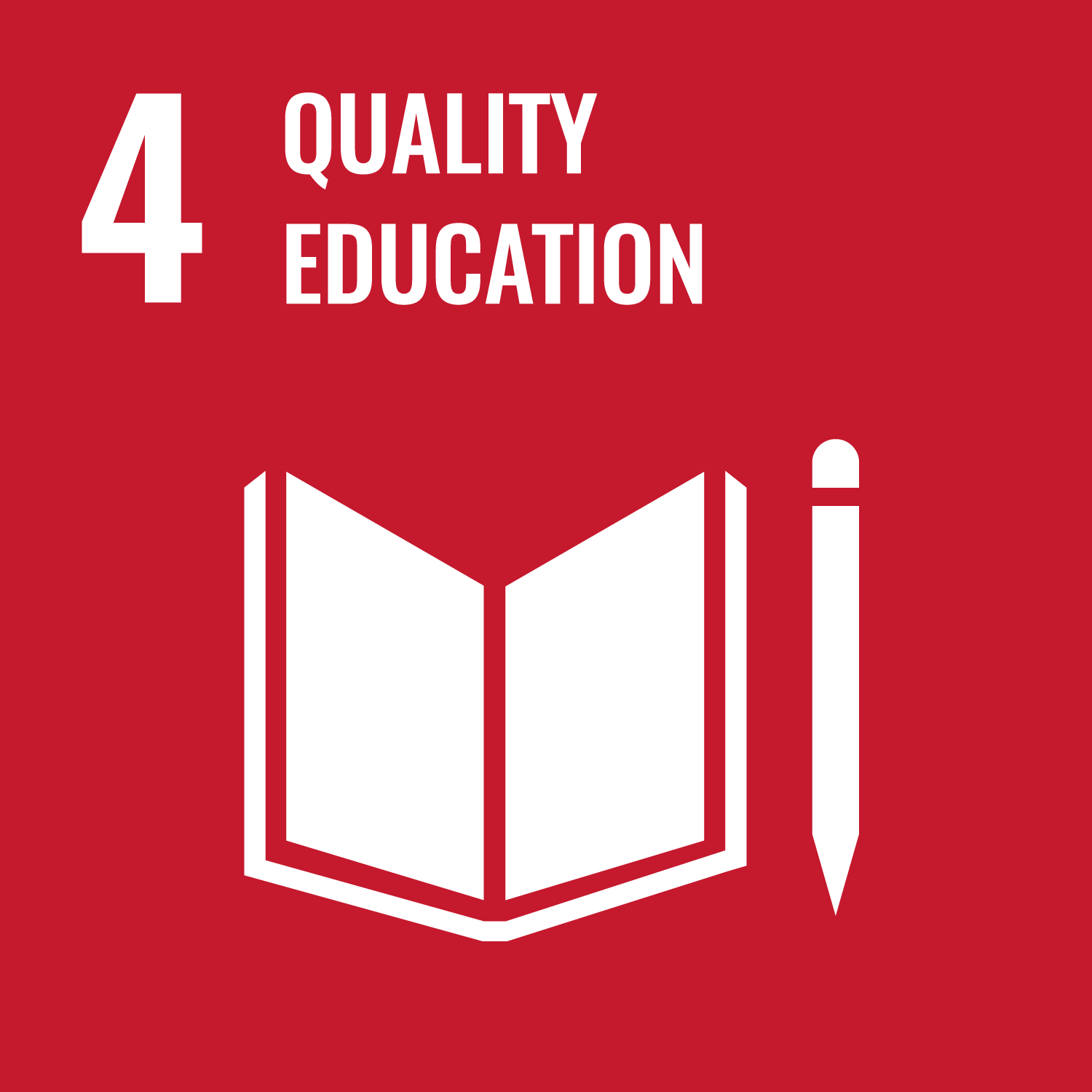ORCID
- Rebecca Turner: 0000-0003-3953-618X
Abstract
Government-funded teaching and learning projects have emerged as a favoured tool of policymakers to motivate change in teaching and learning. This strategy pays limited heed to the complexity of higher education and the contradictions, tensions and conflicts that need to be negotiated to change practice. This process of negotiation creates sites of contestation, which can lead to not only conflict but also creativity. Drawing on the Centres for Excellence in Teaching and Learning (CETL) initiative, we examine the sources of contestation project teams encountered, and consider how this influenced their work. The findings are based on a longitudinal study of 15 institutions, with data collected from key figures responsible for implementing CETLs. Contestation was identified in most projects, although its significance depended on factors such as alignment with institutional agendas, support from senior managers and institutions' receptiveness to change. Based on these findings we identify key policy implications.
DOI Link
Publication Date
2015-04-16
Publication Title
Studies in Higher Education
Volume
40
Issue
9
ISSN
0307-5079
Keywords
teaching and learning, public policy, change, academic development, academic roles
First Page
1573
Last Page
1587
Recommended Citation
Gosling, D., & Turner, R. (2015) 'Responding to contestation in teaching and learning projects in the Centres for Excellence in Teaching and Learning in the United Kingdom', Studies in Higher Education, 40(9), pp. 1573-1587. Available at: 10.1080/03075079.2014.899339


